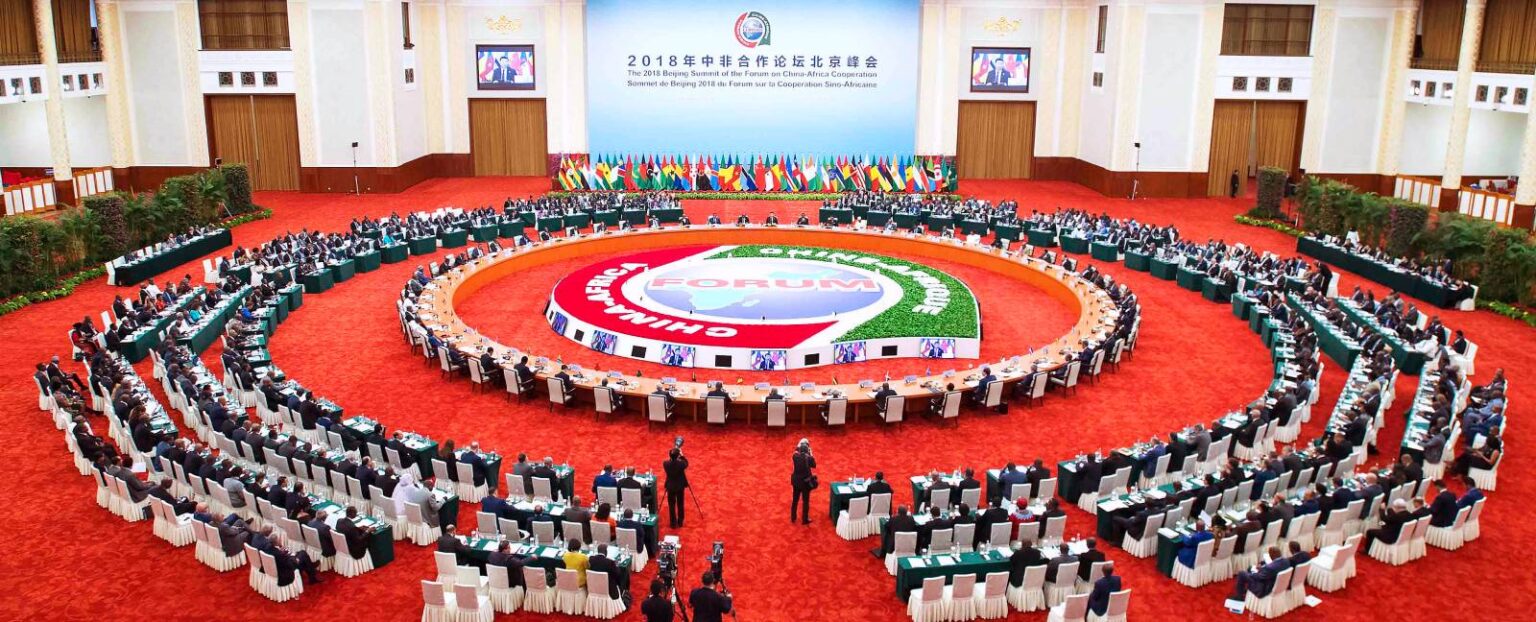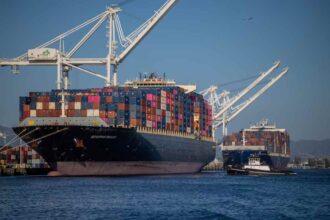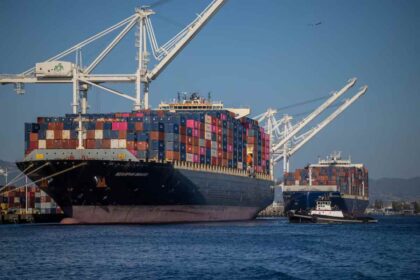At a Glance
- China to remove all tariffs on exports from 53 African nations to boost bilateral trade.
- Policy aims to close Africa’s $62 billion trade deficit and support industrial exports.
- The move aligns with AfCFTA goals and Africa’s manufacturing-driven growth agenda.
In a vast trade reform poised to reshape its economic relationship with Africa, China has announced the removal of all tariffs on goods from 53 African countries with diplomatic ties to Beijing.
The decision, revealed after high-level ministerial talks in Changsha, marks the most comprehensive trade opening by China to the continent to date—and a clear signal that Beijing is recalibrating its strategy in Africa to favor value-added exports and industrial growth.
Previously, China’s preferential trade terms applied mainly to Least Developed Countries (LDCs).
This new policy expansion will now include more advanced African economies such as Kenya, Nigeria, South Africa, Egypt, and Morocco—nations pushing to grow their industrial bases and boost global exports through the African Continental Free Trade Area (AfCFTA).
Beijing’s tariff reset aims to narrow Africa’s trade deficit
The policy shift comes amid mounting scrutiny of the long-standing trade imbalance between China and Africa, which left the continent with a $62 billion deficit in 2024.
Chinese foreign ministry officials said the new zero-tariff regime is designed to build a “more equitable and balanced” trade relationship, opening China’s market to more high-quality, finished goods from Africa.
“This is a pivotal moment,” said Hannah Ryder, CEO of consultancy Development Reimagined. “For manufacturing powerhouses like South Africa and Egypt, the potential upside is clear. But unless African exports scale quickly, the trade gap could actually widen.”
To safeguard smaller economies like Burkina Faso, Mali, and Tanzania, China also pledged targeted support—ranging from export training to digital marketing tools—to ensure Least Developed Countries aren’t left behind.
Africa’s industrialization push gets timely boost
The tariff elimination aligns closely with Africa’s efforts to shift from commodity exports to manufacturing-driven growth.
As countries implement the AfCFTA—aimed at creating a single continental market—access to China’s 1.4 billion consumers presents a rare opportunity to integrate into global value chains.
President Xi Jinping’s earlier pledge of ¥360 billion (around $50 billion) in Africa-focused financing over three years further underscores China’s strategic re-engagement post-COVID.
If effectively implemented, the tariff rollback could catalyze Africa’s trade transformation and unlock new export-led growth. But success will depend on how swiftly African industries can ramp up—and how consistently China follows through on its promises.















